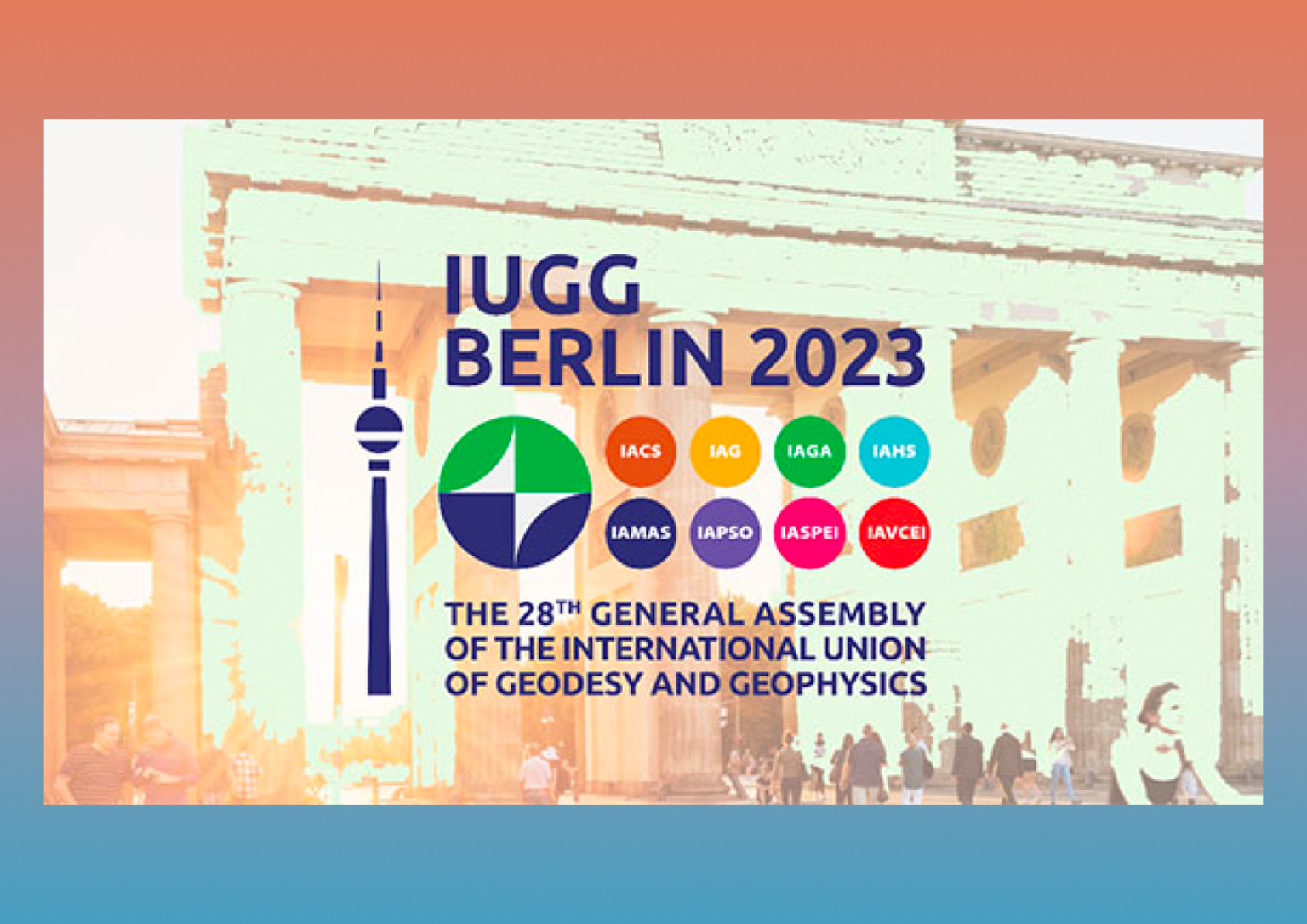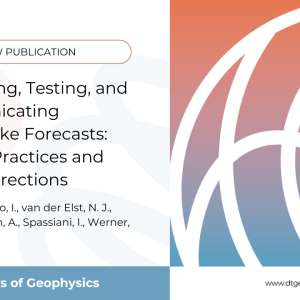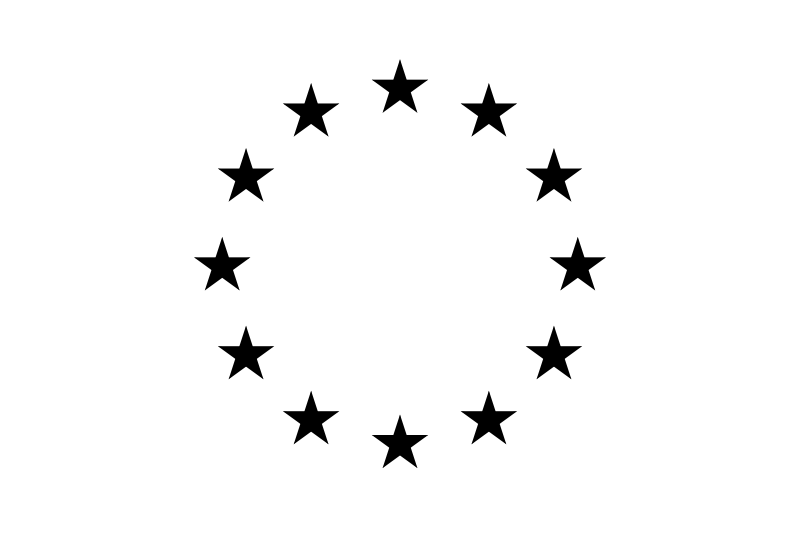- Friday, 14th July 2023:
- 13:30 – 13:45: Oral Presentation: J. Behrens (UHAM) presents “Accelerating Global Science in Probabilistic Hazard and Risk Analysis” (IUGG23-3258)
- 15:30 – 15:45: Oral Presentation: F. Løvholt (NGI) presents “Digital-Twin Development for Probabilistic Tsunami Forecasting” (IUGG23-3607)
- Friday, 14th July 2023 – Saturday, 15th July 2023:
- 17:00 – 18:30: Poster Session: Collaborative Seismic Earth Model
- Presenter: Sebastian Noe (ETH)
- Poster Title: “The Collaborative Seismic Earth Model: Generation 2”
- 17:00 – 18:30: Poster Session: Collaborative Seismic Earth Model
- Monday, 17th July 2023 – Tuesday, 18th July 2023:
- 17:00 – 18:30: Poster Session: Probing the Earth’s Lithosphere: Understanding Tectonic, Volcanic, Cryotonic and Geodynamic Processes Using Geophysical Methods (IASPEI, IAG, IAGA)
- Presenter: P. Herrero-Barbero (CSIC)
- Poster Title: “Improving Tomographic Models of the Pyrenees Region (NE Iberia): Preliminary Results from Full-Waveform Inversion”
- 17:00 – 18:30: Poster Session: Probing the Earth’s Lithosphere: Understanding Tectonic, Volcanic, Cryotonic and Geodynamic Processes Using Geophysical Methods (IASPEI, IAG, IAGA)
- Tuesday, 18th July 2023 – Wednesday, 19th July 2023:
- 17:00 – 18:30: Poster Session: Modelling and Monitoring of Volcanic Ash Clouds
- Presenter: L. Mingari (CSIC)
- Poster Title: “A Digital Twin Component for Volcanic Dispersal and Tephra Fallout
- 17:00 – 18:30: Poster Session: Modelling and Monitoring of Volcanic Ash Clouds
A rockslide-generated tsunami in a Greenland fjord rang Earth for 9 days
Article in a Journal



